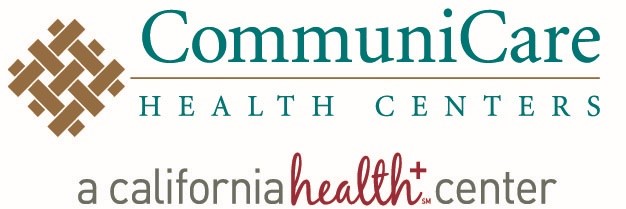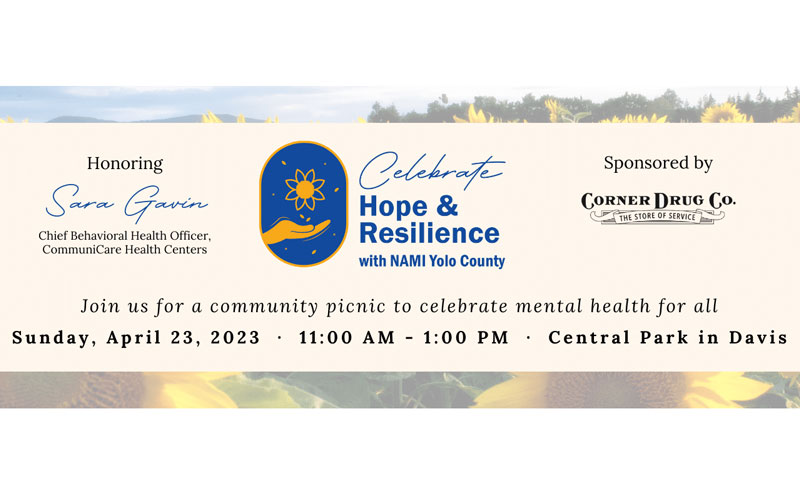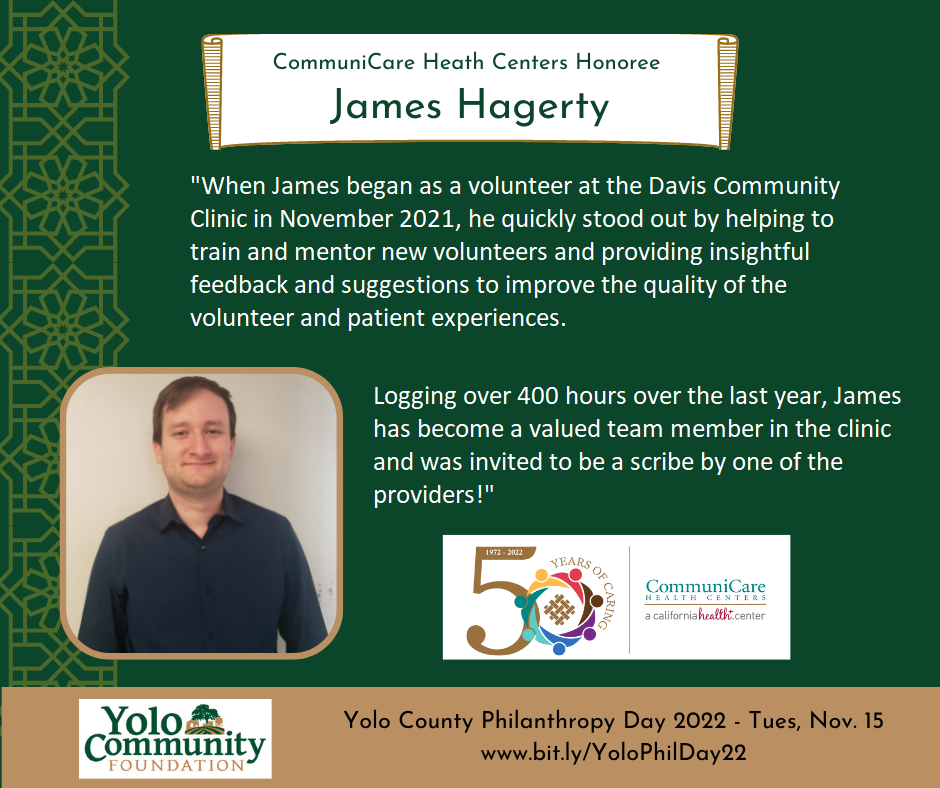CommuniCare’s Healthy Living with Diabetes program assists patients with elevated blood sugar in addition to supporting mothers with gestational diabetes. Our team of a Diabetes Educator and a Registered Dietitian provide one-on-one counseling, self-management education, and home visits. The team collaborates with our health care providers to lead group medical appointments – informal groups where participants learn from each other, explore weekly topics related to living with diabetes, enjoy a healthy snack and consult with a doctor as needed.
“When I was initially diagnosed [with diabetes], I felt very self-defeated thinking that I got into a hole I would probably not get out of. My primary care provider suggested I meet with a diabetes educator and I was skeptical. I did not want to ask for help. I did not know how to ask for help. I was embarrassed,” says a current CommuniCare patient. “Eventually I agreed and I can say that I am glad I did. Even though our meetings were spread out, it was nice having someone knowledgeable to keep me accountable. I look forward to every meeting with her and will be taking cinnamon pills for the rest of my life.”
Angelica Nixon, a paraprofessional Diabetes Educator with CommuniCare, shares her insights into the program:
Who is at risk of Type II diabetes?
There are a few risk factors for diabetes. Eating habits and exercise contribute to being overweight or obese. Others are age, family history and genetics. Ethnicity oddly is a factor: American Indians and Alaska Natives, African Americans, Hispanics/Latinos, Asian Americans, Native Hawaiians, and other Pacific Islanders all have higher risks. Some things you cannot change, like family history or ethnicity, but you can change your lifestyle to prevent the outcome.
What can happen if your diabetes is uncontrolled?
A “controlled diabetic” is considered to be someone with an A1C of 7 or below, which is usually accomplished with diet and medication compliance along with 30 minutes of daily exercise. An “uncontrolled diabetic” is someone with an A1C above 7. This may mean that we need to adjust medication, and not necessarily that they are eating poorly. Uncontrolled diabetes will take a toll on your health – it can lead to numerous risks, including neuropathy, heart disease, amputations, blindness and kidney failure.
I have diabetes. How can I manage it?
When we talk about diet we mean the kinds of food that you eat regularly instead of eating less. A healthy diet is the biggest factor in successfully managing diabetes. Eating more green vegetables and limiting carbohydrate portion sizes are a must; leaner proteins and healthy fruit portions are also important. Diet is key before medication, and diet also improves the effectiveness of medication. Consume 6 small meals throughout the day, along with a high protein breakfast. Most people are more resistant to insulin first thing in the morning than any other time of the day. Always take medication as prescribed, and work with your provider, Diabetes Educator and Registered Dietitian. Join Diabetes Group Medical Appointments along with the 6-week self-management class focusing on diabetes that we currently offer at Salud and plan to expand to all locations.
What diabetes education and support is available to me?
Here at CommuniCare we offer the Healthy Living with Diabetes program provided by a team that includes me, the Diabetes Educator, and Kayla Teng, our Registered Dietician. We work closely with providers to help with medication titration, lifestyle changes, education materials, and glucometers regardless of ability to pay. We offer group visits where they learn different subjects weekly, meet one on one with a provider and receive a bag of healthy food. We promote healthy snacks and provide a healthy snack for tasting along with how it was made and some of the ingredients to take home.
For more information:
For information about group medical appointments, please call Salud Clinic: (916) 403-2900
For one-on-one appointments or self-management class information, contact:
• Angelica Nixon, Diabetes Educator: (530) 405-2818, or
• Kayla Teng, Registered Dietitian: (530) 758-2092




